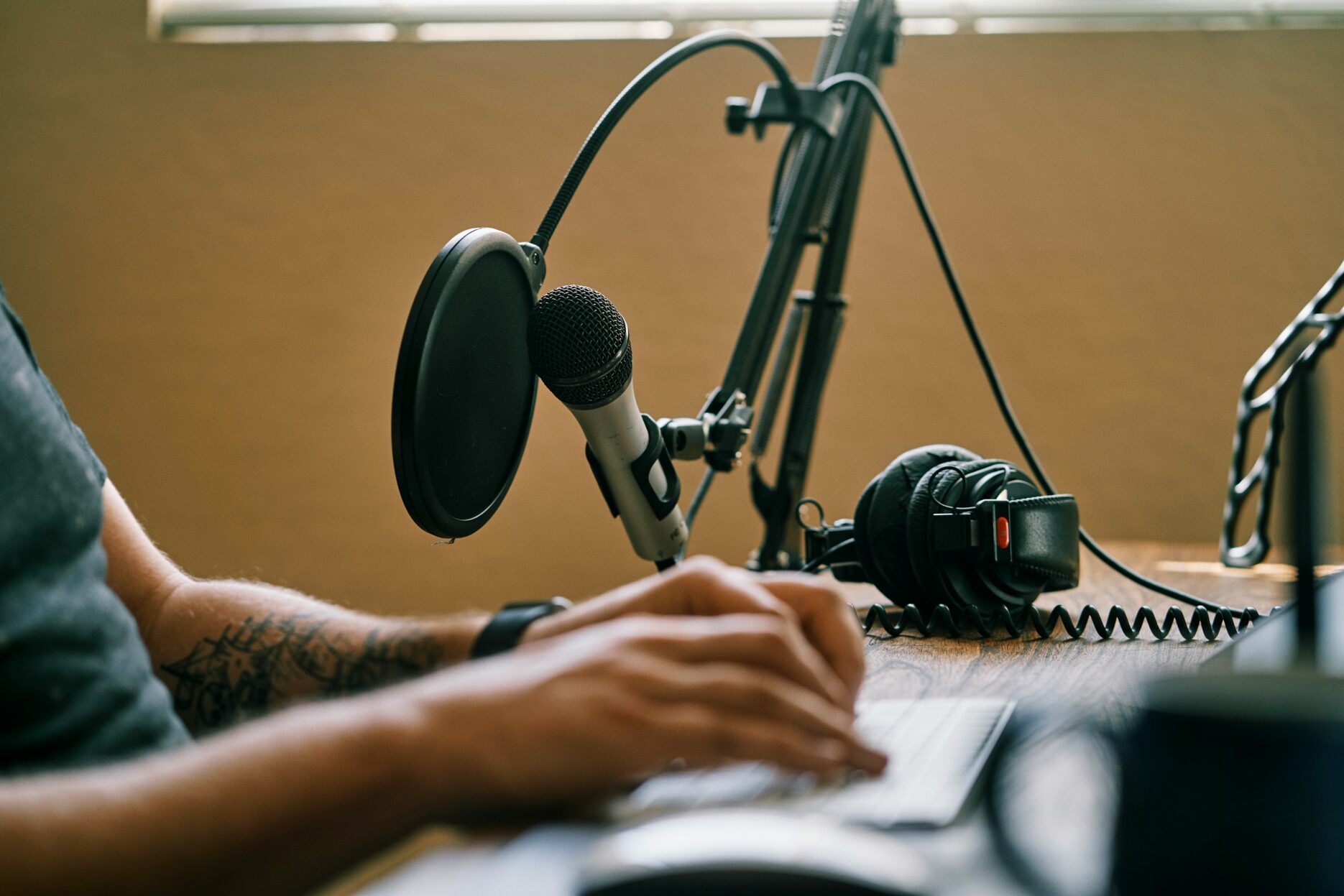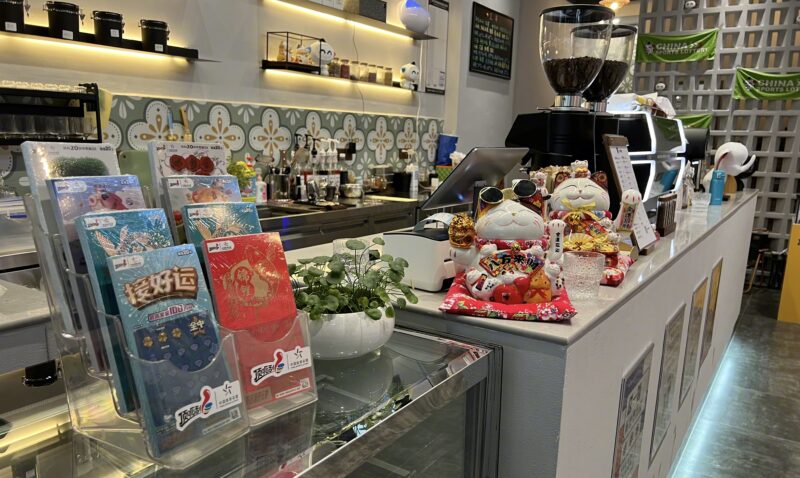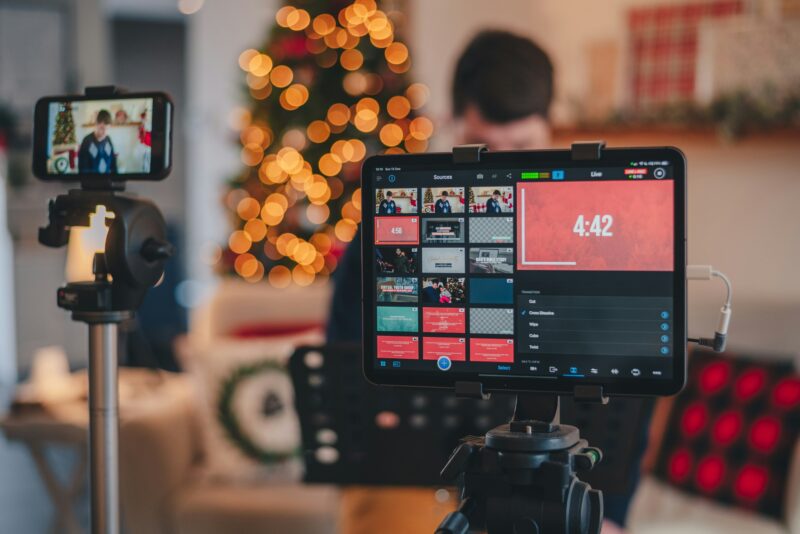In the second half of 2023, brands began to embrace podcasts.
The concept of the “Sound Economy” is often explained as “letting sound create value and realise its potential.” Using sound as a medium, podcasts have become the latest choice for content consumption among more young people, thanks to their “high value” and “in-depth companionship.”
Brands are getting into podcasting in various ways, such as starting their own programmes, placing advertisements, and sponsoring programmes offline. The popularity of branded podcasts also highlights more possibilities for the commercialisation of podcasts.
Consistent user profiles
Market research firm eMarketer forecasts that podcast consumption in China will continue to grow at an average annual rate of 15.8% from 2023 to 2024, the highest in the world. The user profile of Chinese podcast listeners is characterised by youthfulness and a high level of education, concentrated in big cities. In terms of user behaviour, podcasts are a highly engaging medium, with an overall listening time of 4.1 hours.
Podcasts’ loyal listeners are paired with many brands that perfectly fit their user profiles
This user profile is exactly what many brands are looking for. Given the high level of education of the podcast audience, branded podcasts with “long audio, in-depth content, a sense of companionship, and storytelling” are likely to be well received.
In October 2023, Louis Vuitton launched its exclusive Chinese-language branded podcast on Little Universe. Italian luxury brand GIADA also started a podcast on Ximalaya, inviting well-known host Lu Yu to present the programme. The presence of luxury goods on podcasts aligns well with the brands, as the user groups are extremely compatible. The narrative of the podcast also extends the brand value further.
In addition, sports brands can leverage podcast content for sound marketing. Sports are a frequent context for listening to podcasts, which can foster psychological recognition. Sharing sports experiences through podcasts can bring more positive feelings to listeners. Some sports brands have already begun to explore this avenue: in 2021, Patagonia launched its podcast “Patagoniac”; in 2022, Nike debuted “Nai Listen” (耐听); and in 2024, Anta launched the outdoor podcast “A Walk Around the World” (甲行天下) in conjunction with National Geographic China.
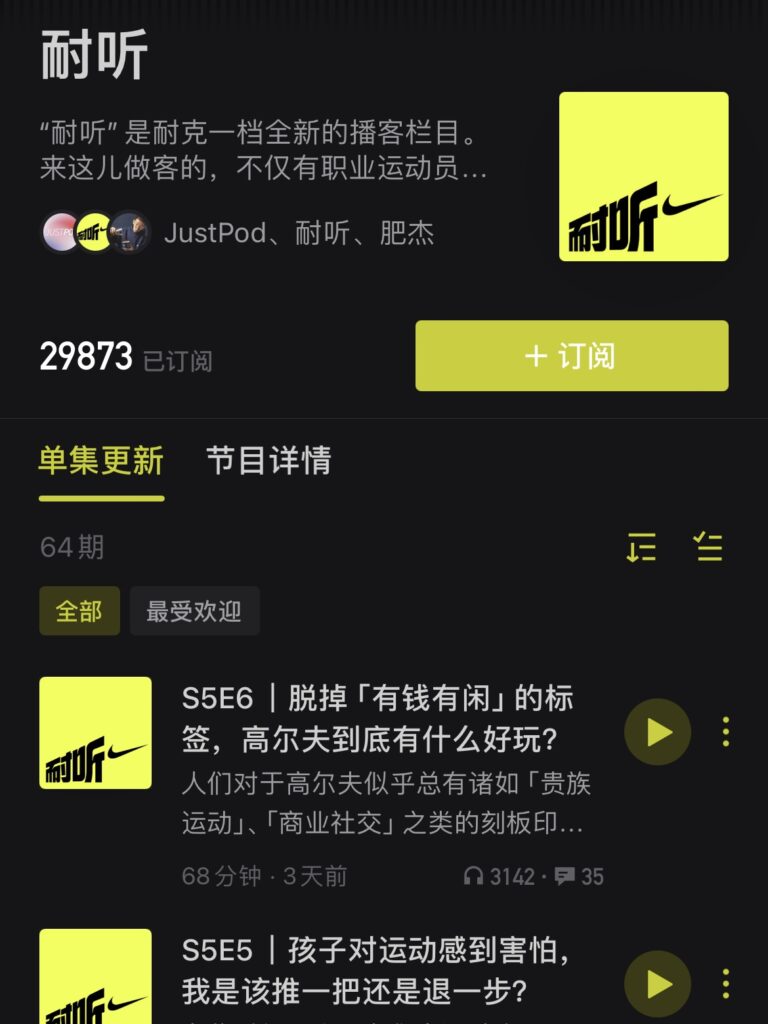

The podcast “Nai Listen” has created an online community, continuing to consolidate regular listeners and turning them into loyal consumers. The “Patagoniac” podcast centres on brand stories and environmental issues to enhance the penetration of brand values in the consumer community, reinforcing Patagonia’s image as an environmentally friendly, high-performance brand. Engaging with users through in-depth content in podcasts is a significant reason for brands to enter the podcasting space.
Low cost and many approaches
Marketing through podcasts can be cost-effective and offers diverse marketing options
In terms of marketing costs, according to the vice president of the internet media company Xinshixiang, the average cost per read on WeChat is currently 1.5 RMB, the average cost per view on BiliBili is 0.6-1 RMB, and the average cost per podcast listen is 0.05-0.1 RMB, giving podcasts a significant advantage in terms of traffic cost. Additionally, unlike short videos and graphics, podcast episodes are at least 30 minutes long, with the vast majority exceeding 60 minutes, offering numerous opportunities for content development and collaboration.
The unique charm of sound lies in its capacity to inspire imagination. Each listener, combined with their own emotional experience, can expand on the content, enhancing the dissemination and expansion of brand value. For brands without their own podcast programmes, partnering with popular podcasters is a common approach. Beyond typical oral podcast advertising, brands also favour customising programmes and other creative collaborations.
For example, the South African Tourism Board partnered with the stand-up comedy podcast “Wuliaozhai” (无聊斋) in January this year. In its travel-focused segment “See the World,” the two hosts spoke with two other comedians who had just returned from South Africa, enriching the travel experience with their comedic narratives, and bringing the audience the joy of being there. In the programme’s comments section, many listeners noted that South Africa seemed like a great destination for adventure.
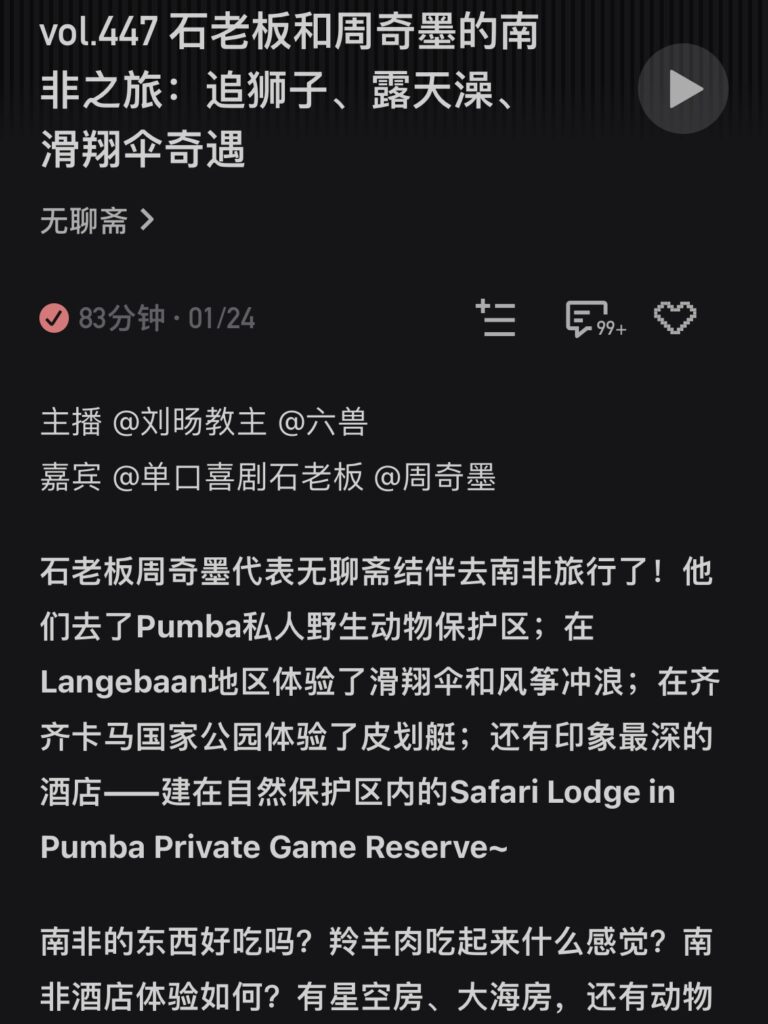
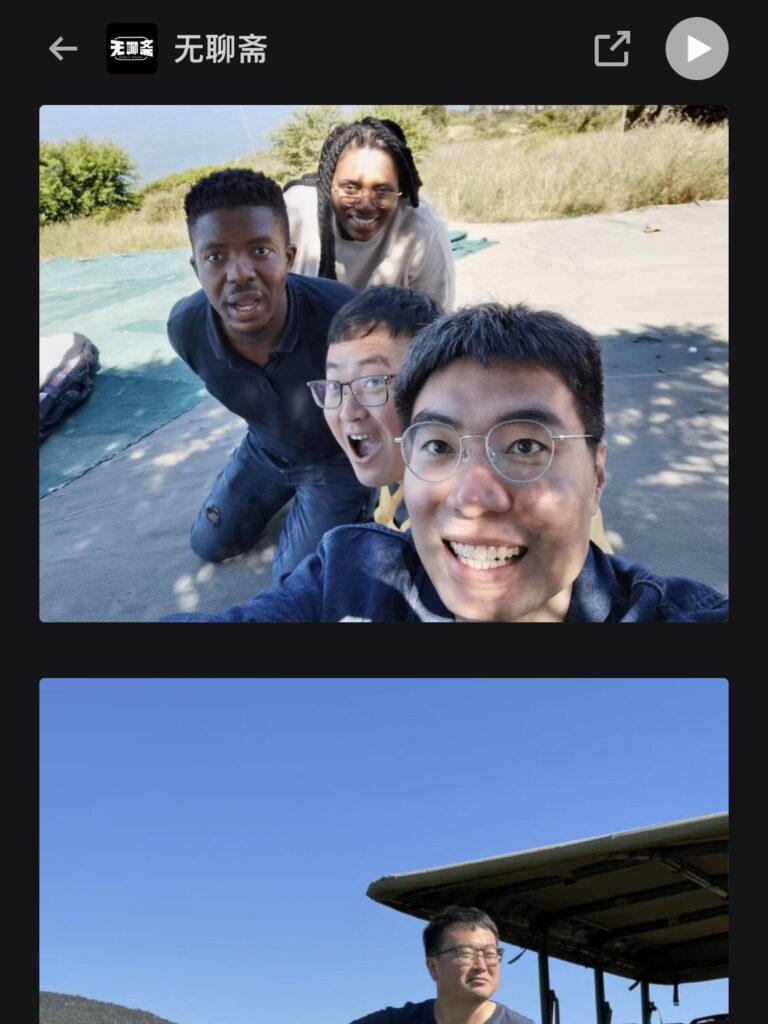
Some brands are also collaborating with popular podcasts offline through cross-promotional merchandise and brand sponsorships. For instance, YIN, a jewellery brand focused on women, sponsored the 2020 annual forum of ‘StochasticVolatility’, a pan-cultural podcast initiated by three female media professionals. YIN, which advocates the oriental philosophy of Chinese introspection and simplicity, found its cultural heritage aligned well with StochasticVolatility’s focus on literature and social science issues. This partnership enriched YIN’s brand connotation while increasing its exposure.
Long-term Value
Brands entering the podcasting space must not rush to monetise.
Podcasts can prove valuable in shaping brand reputation over time
Podcast listening is predominantly a solitary activity, where the listener does not typically fast-forward but chooses to engage with the content fully. During the listening process, listeners often follow along with the host, extending their own thoughtful ideas. This immersive dialogue experience helps develop a sense of dependence and trust between the listener and the host. Once a long-term and stable “companion relationship” is established, users will exhibit a high degree of loyalty to the host. It is at this point that podcasts begin to reveal their commercial potential.
Beauty brands such as L’Oreal, Estée Lauder, and Lancôme have all partnered with podcasts to launch special feminist-themed programmes. For instance, Lancôme collaborated with the podcast “GQ Talk” to promote the functional selling points of its new product “Uplift”. The host interviewed professional mixed martial artist Zhang Weili, discussing her legendary career and personal growth. This conversation conveyed the spirit of “uplift” to the audience, aligning with the product’s selling point. Podcasts are an ideal medium to propagate feminism as a brand ethos, extending its reach and impact.
Of course, a long-term approach does not mean neglecting immediate value creation. In 2023, Hema launched the programme “Hema Bobobo” (盒马啵啵啵). Despite creating quality content, the podcast has not yet reached 10K subscriptions after nearly a year, and its update frequency is inconsistent. Additionally, Chinese podcasts currently lack streamlined advertising agencies and testing systems, making it difficult to quantify marketing effects.
Nevertheless, the valuable uniqueness, sense of discovery, and long-term value of in-depth content may be the greatest benefits for brand marketing.




